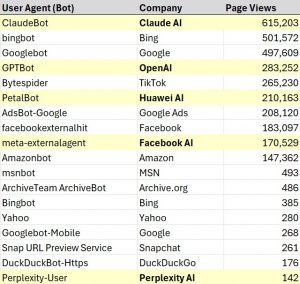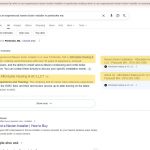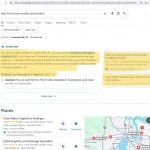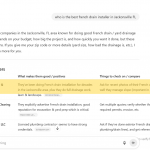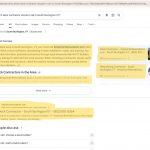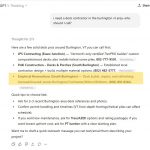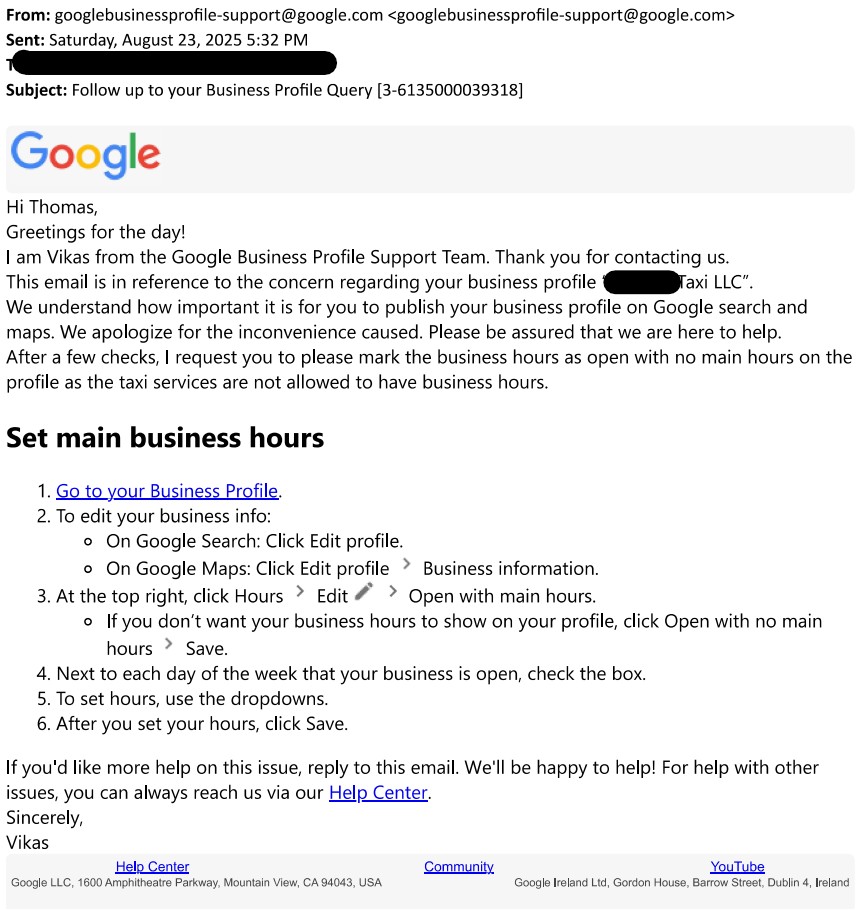AI is already changing how people search online. Tools like ChatGPT, Grok, and Google’s new AI Overview are quickly becoming the first stop for consumers looking for local services. This isn’t five years down the road. It’s happening right now.
If you’re like a lot of home-service business owners, you might be thinking things like:
- “Nobody’s really using AI to find a plumber, right?”
- “I tried it. Not impressed.”
- “It feels like a fad. I don’t see how it affects my business.”
And hey, we get it. AI can seem like just another tech buzzword. But here’s the thing, your customers are already using it, and in growing numbers, to find businesses just like yours. The fact that more of them are using AI means, by definition, that fewer are using Google. If you are still chasing a Google-only strategy, your pool of possible customers is shrinking.
High-Level Proof
We pulled traffic data from across all our clients’ sites and spotted a clear trend: AI bots are hitting websites in a big way. These aren’t random visits either. They’re from AI platforms like ChatGPT, Claude, and Grok that are out there actively gathering information to answer people’s questions.
Check out this chart. It shows a sample of the top traffic sources from millions of page views across our network.
Five different AI platforms are showing up in the top sources of traffic. One of them, Claude AI, is actually sending more traffic than Google!
Why? Because these AI tools are in constant “research mode.” They’re crawling your site, learning what your business does, and figuring out whether to recommend you to users. And the demand from users is growing fast.
Now look at this pie chart. Nearly 1 in 3 page views is already coming from AI-driven traffic.
This isn’t theoretical anymore. AI tools are already sending serious traffic to local business websites, and that number is only going up.
Up-Close Proof
To show what’s happening, we ran a simple test. We picked three of our own clients, from three different industries. Then we asked three major AI tools to recommend a business in their respective cities. Here’s what we found.
1. Affordable Heating & AC: Navien Boiler Installer in Pembroke, MA
- Google (AI Overview): “Who is an experienced Navien boiler installer in Pembroke MA?”
Result: Affordable Heating & AC dominated the AI Overview. They filled the entire top of the page. No map pack, no ads, no competition in sight. - ChatGPT: “Who can install a Navien boiler near Pembroke MA?”
Result: ChatGPT returned 3 results. Affordable was #1. - Grok: “Who should I call to install a Navien boiler in Pembroke MA?”
Result: Affordable was #1 again.
2. Daniels Landscaping: French Drains in Jacksonville, FL
- Google (AI Overview): “Best French drain installer Jacksonville FL”
Result: Daniels Landscaping was the entire AI Overview. No scrolling. Just Daniels, front and center. - ChatGPT: “Who is the best French drain installer in Jacksonville FL?”
Result: Daniels was #1 on a short list. - Grok: “Who should I call to install a French drain in Jacksonville FL?”
Result: Daniels was #2.
3. Empirical Renovations: Decks and Fences in Burlington, VT
- Google (AI Overview): “Which deck contractor should I call in South Burlington VT?”
Result: Gemini focused entirely on Empirical. They took over the whole top of the page. - ChatGPT: “I need a deck contractor in the Burlington VT area. Who should I call?”
Result: Empirical was #3, in a list of just three. - Grok: “I need a fence contractor in the Burlington VT area. Who should I call?”
Result: Empirical was #2 out of five.
Great, But How Many People Are Really Doing This?
Turns out, it’s quite a few, and the number is growing month over month. These clients are seeing steady traffic from AI tools like ChatGPT, Grok, and Google’s AI Overview.
So How Do You Get Your Slice Of The Pie?
It’s as easy as calling Prospect Genius. Hate the phone, no problem! Just sign up online. These are the tools we deployed to make all this happen for these clients:
- CoreSite – We built their site to be highly SEO friendly with content written for search engines and for AIs.
- AI Quick Start – We added an LLMs.txt and FAQ content that is marked up and structured in the way the AIs want.
- Directory Dominator – We put them into tons of relevant, high-quality directories. This gives them visibility, credibility, and backlinks, which fuels their SEO and AI-Optimization.
As with all of our services, you can mix and match to suit your needs. If you’ve already got some parts of this strategy implemented, great! We can start from where you are and then take you to the next level. We can even go beyond this aforementioned strategy and start really optimizing for AI with our GEO and AEO Optimization services.
Let’s Talk About Google for a Second
Google still drives a big chunk of traffic, around 80% for many local businesses. But that’s starting to shift. Google’s rolling out “AI Overviews” because they see what’s coming.
If your whole marketing strategy is built around traditional rankings, you’re missing the next wave.
The Top 10 Game Is Dead
We broke this down in detail in our last post, but here’s the short version: AI platforms don’t give people a list of 10 blue links. Most of the time, they show just three results. Sometimes even fewer. If your business isn’t one of them, you don’t even exist.
That’s why now is the time to move. Show up early, and you’ll be harder to displace later.
You Don’t Need to *Use* AI, You Just Need to Show Up In It
You don’t need to understand the tech behind AI. You just need a digital presence that AI tools can read, trust, and recommend.
That’s exactly what we helped these businesses do, and now, they’re reaping the rewards.
Final Thought: This Isn’t a 5-Year Transition
The move from Yellow Pages to Google took a decade.
This transition? It’s happening right now, in months, not years. Businesses that act early get a real advantage. Businesses that wait will be playing catch-up.
Want to see how your business can show up in AI search? Let’s talk.

